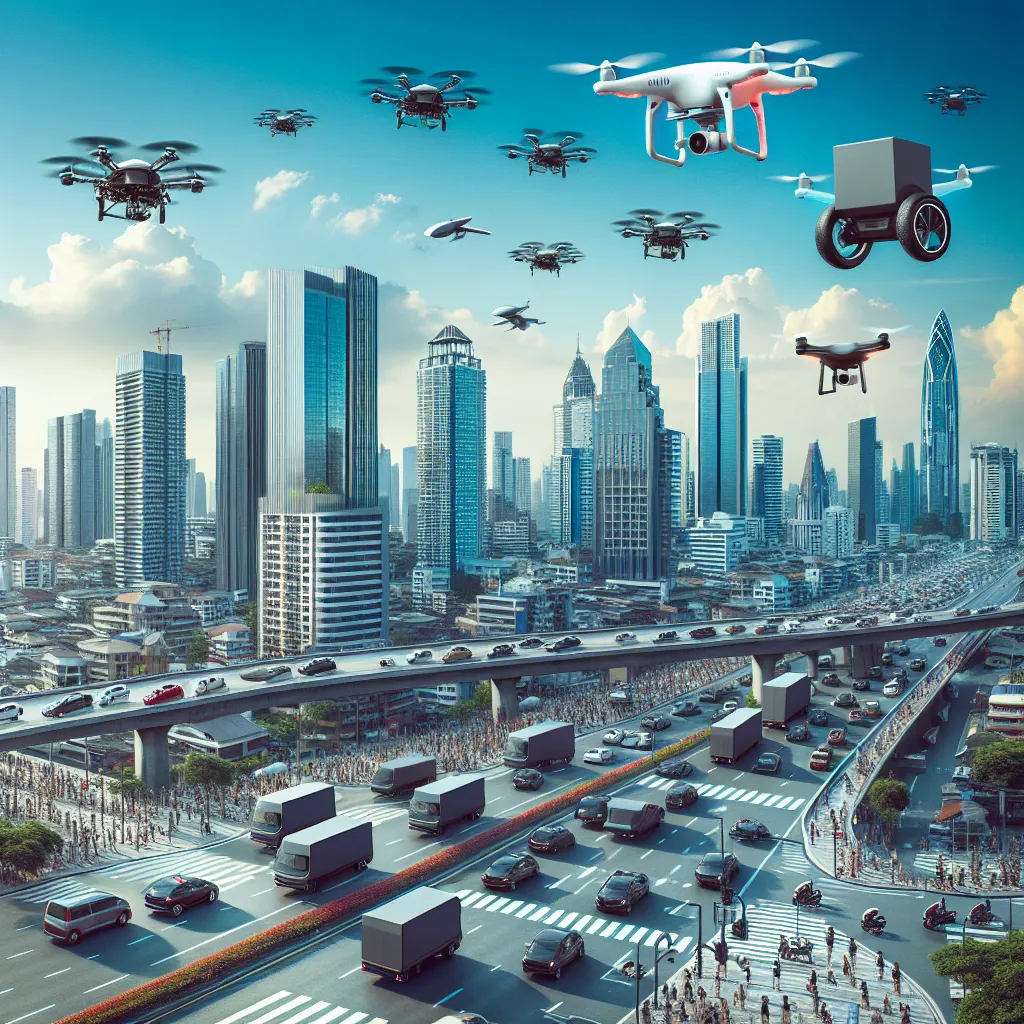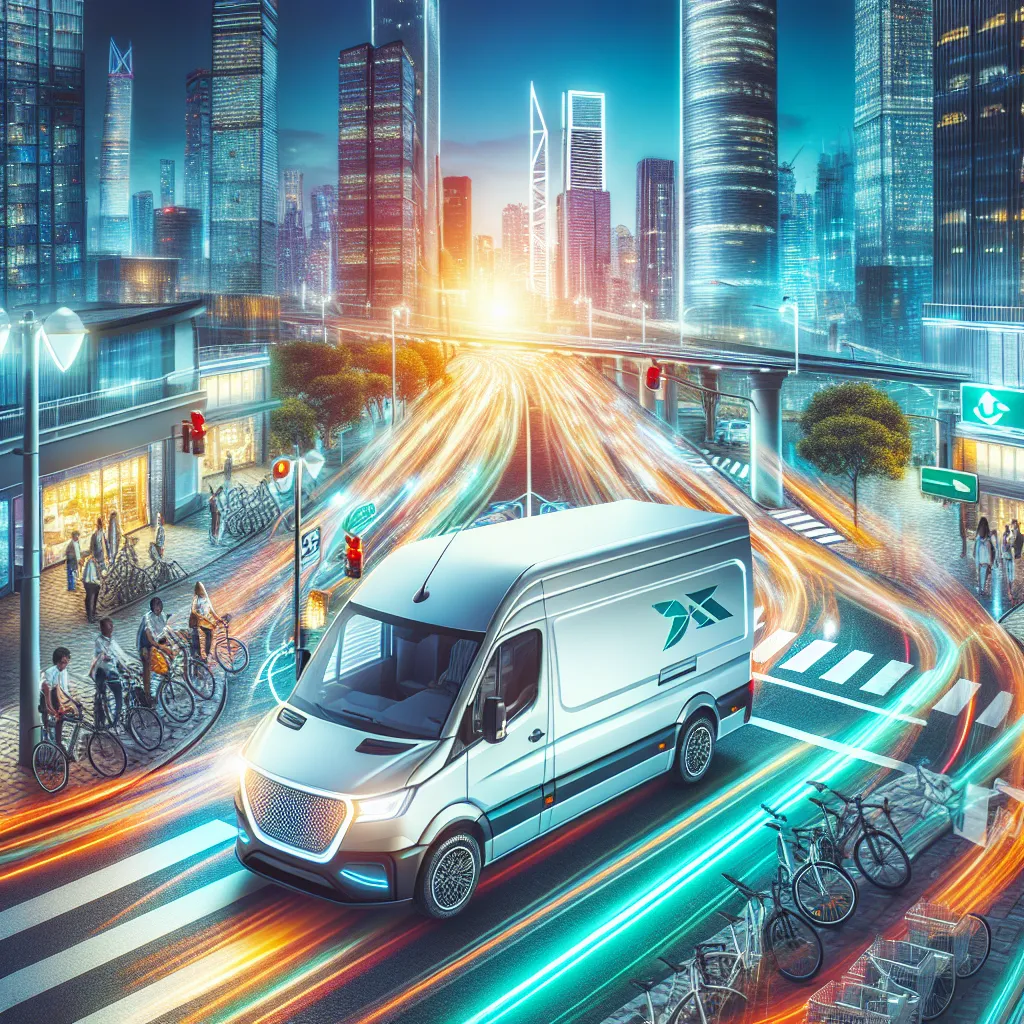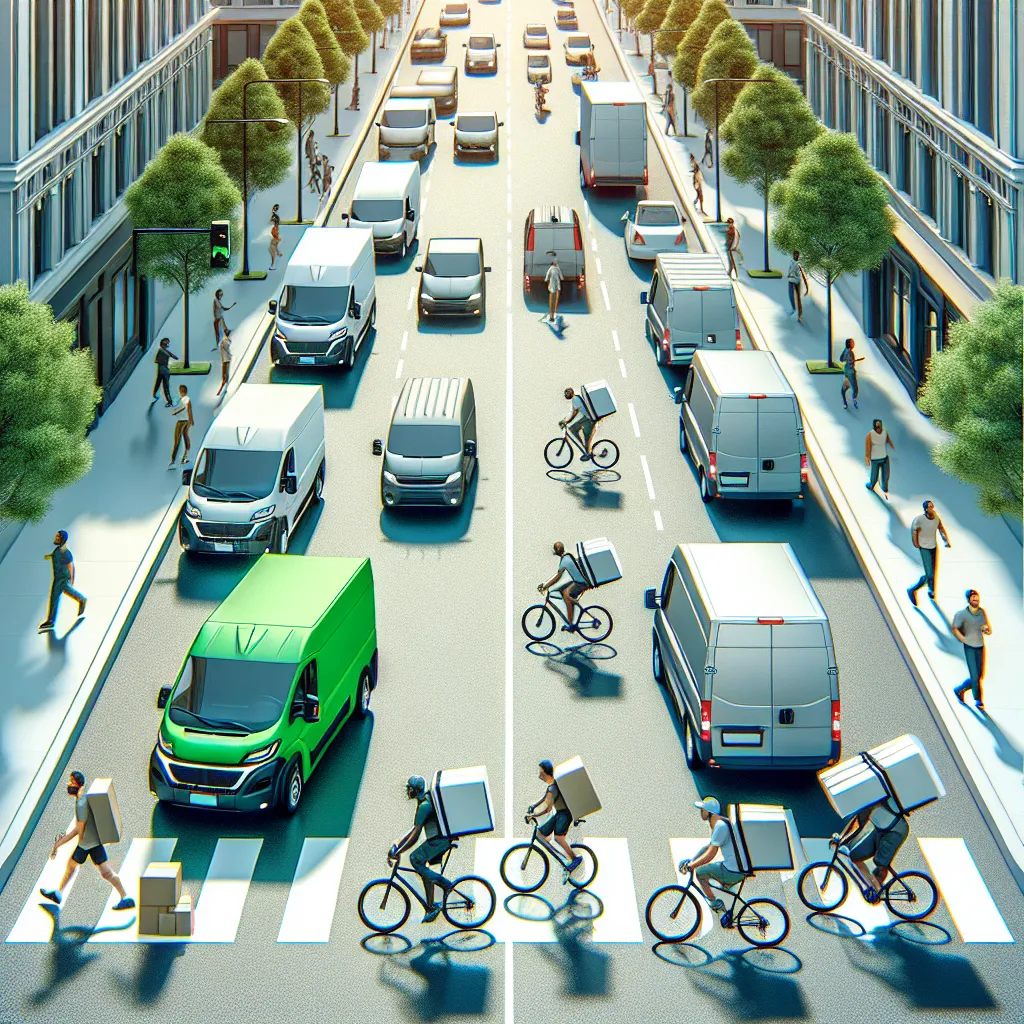Drone Delivery: The Next Frontier of Last-Mile Logistics
Drone delivery is emerging as the next frontier of last-mile logistics, revolutionizing the way goods are transported and distributed. Unmanned aerial vehicles (UAVs) have shown great potential in overcoming the challenges of traditional delivery methods, offering faster and more efficient solutions for the final leg of product transportation. Companies are increasingly investing in drone technology to optimize their delivery networks and meet the growing demands of e-commerce.
One of the key advantages of drone delivery is its ability to bypass traffic congestion and infrastructure limitations, enabling swift and direct delivery to the customer’s doorstep. This not only saves time but also reduces carbon emissions, making drone delivery a sustainable option for urban areas. Moreover, drones can access remote or hard-to-reach locations, bridging the gap in areas with underdeveloped transport infrastructure.
However, integrating drone delivery into existing logistics systems presents its own set of challenges. Regulatory hurdles, air traffic management, and safety concerns pose significant obstacles to the widespread adoption of drone technology. Ensuring compliance with aviation regulations and developing air traffic control systems specifically designed for UAVs are crucial steps in realizing the full potential of drone delivery.
Innovations in drone technology, including advanced navigation systems, payload capacities, and battery life, are continuously enhancing the feasibility and efficiency of last-mile delivery. The future of last-mile logistics undoubtedly lies in the seamless integration of drone delivery, offering unprecedented speed, flexibility, and accessibility for both businesses and consumers.
Autonomous Vehicles: Revolutionizing Last-Mile Delivery
Autonomous vehicles are revolutionizing the last-mile delivery landscape, offering unprecedented opportunities for efficiency and cost savings. These self-driving vehicles, equipped with advanced sensors and artificial intelligence technology, are on the cusp of transforming the way goods are transported from distribution centers to their final destinations.
One of the key advantages of autonomous vehicles in last-mile delivery is their potential to significantly reduce operational costs. By eliminating the need for human drivers, companies can save on labor expenses and optimize delivery routes to minimize fuel consumption and vehicle wear and tear. This translates to a more sustainable and cost-effective delivery model, particularly in urban areas where congestion and emissions are major concerns.
Furthermore, autonomous vehicles have the capacity to enhance delivery speed and reliability. With their ability to operate around the clock without fatigue, these self-driving vehicles can ensure swift and on-time deliveries, meeting the increasing demand for fast turnaround times in e-commerce and retail industries. This speed and reliability can lead to higher customer satisfaction and retention rates.
However, the widespread adoption of autonomous vehicles in last-mile delivery is not without its challenges. Concerns surrounding safety, regulatory compliance, and public acceptance need to be addressed before these vehicles can operate at scale. Additionally, the initial investment required to deploy and maintain a fleet of autonomous vehicles may pose a barrier for some businesses.
In conclusion, the integration of autonomous vehicles into last-mile delivery services holds great promise for revolutionizing the industry. While there are obstacles to overcome, the potential benefits in terms of cost savings, speed, and reliability make autonomous vehicles a compelling innovation that will shape the future of last-mile delivery.
Sustainability in Last-Mile Delivery: Green Innovations and Practices
As the demand for last-mile delivery continues to grow, there is an increasing need for sustainable practices in the logistics industry. Green innovations and practices are becoming a key focus for companies striving to reduce their environmental impact in last-mile delivery. Embracing sustainable solutions not only benefits the environment but also positively impacts brand reputation and operational costs.
Electric vehicles (EVs) are gaining traction as an eco-friendly alternative to traditional delivery vans powered by fossil fuels. Companies are investing in electric or hybrid delivery vehicles to lower emissions and decrease their carbon footprint. Furthermore, the development of smart routing algorithms and delivery optimization software helps to streamline operations, reducing unnecessary mileage and fuel consumption.
Beyond vehicle innovations, the implementation of alternative delivery methods such as bike couriers and drones offers sustainable alternatives for urban areas. Bike couriers minimize congestion and pollution, particularly in densely populated cities, while drones have the potential to significantly reduce delivery times and fuel consumption for specific types of deliveries.
In addition to transportation innovations, the packaging industry is also making strides towards sustainability in last-mile delivery. The use of biodegradable packaging materials and the implementation of reusable packaging systems are becoming increasingly prevalent, aiming to reduce the environmental impact of packaging waste generated by e-commerce deliveries.
While green innovations in last-mile delivery show great promise, challenges such as high initial investment costs, limited infrastructure, and regulatory barriers still need to be addressed. However, as technology continues to advance and consumer demand for sustainable practices grows, the future of last-mile delivery holds significant potential for further green innovations and practices.




